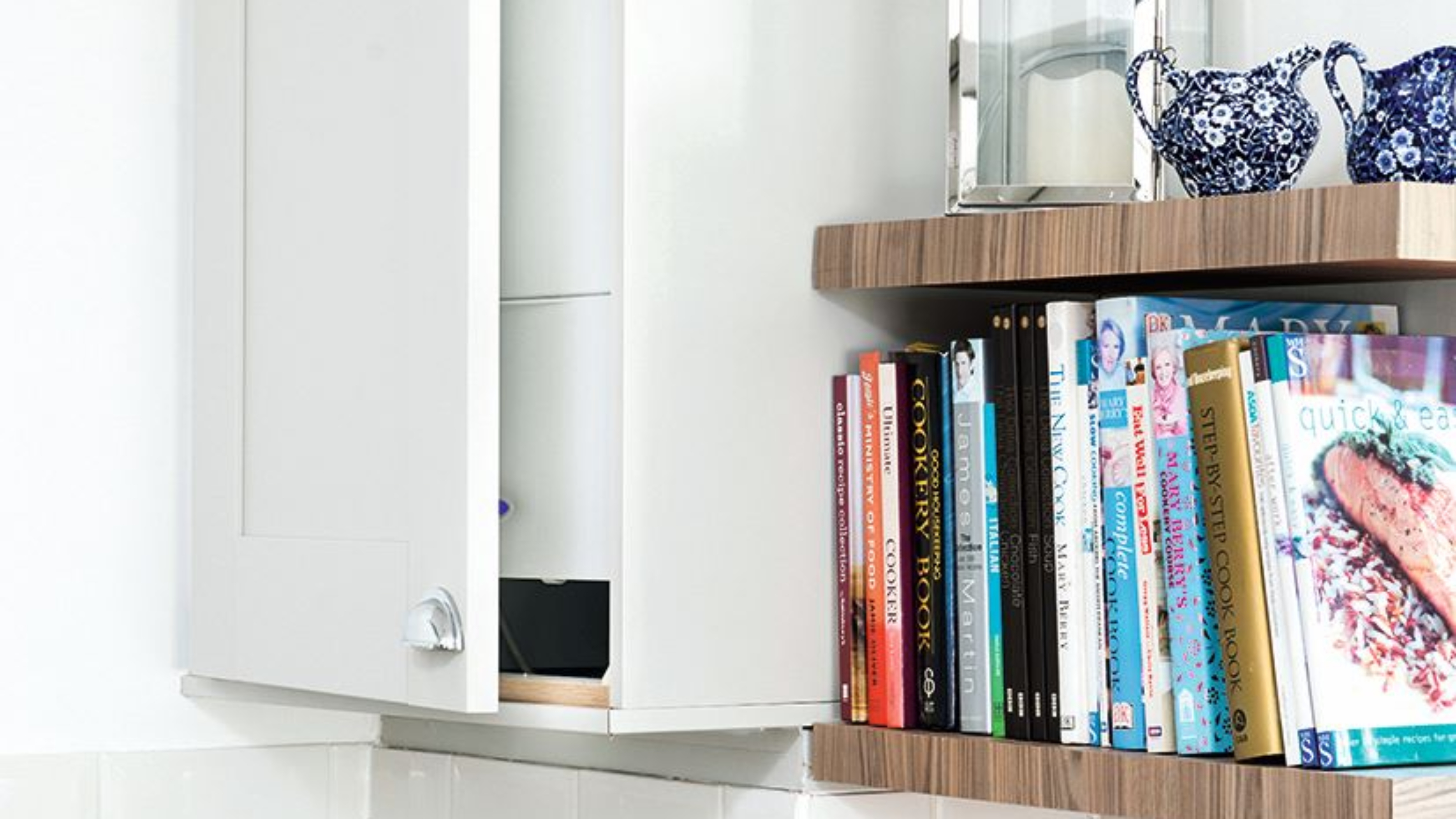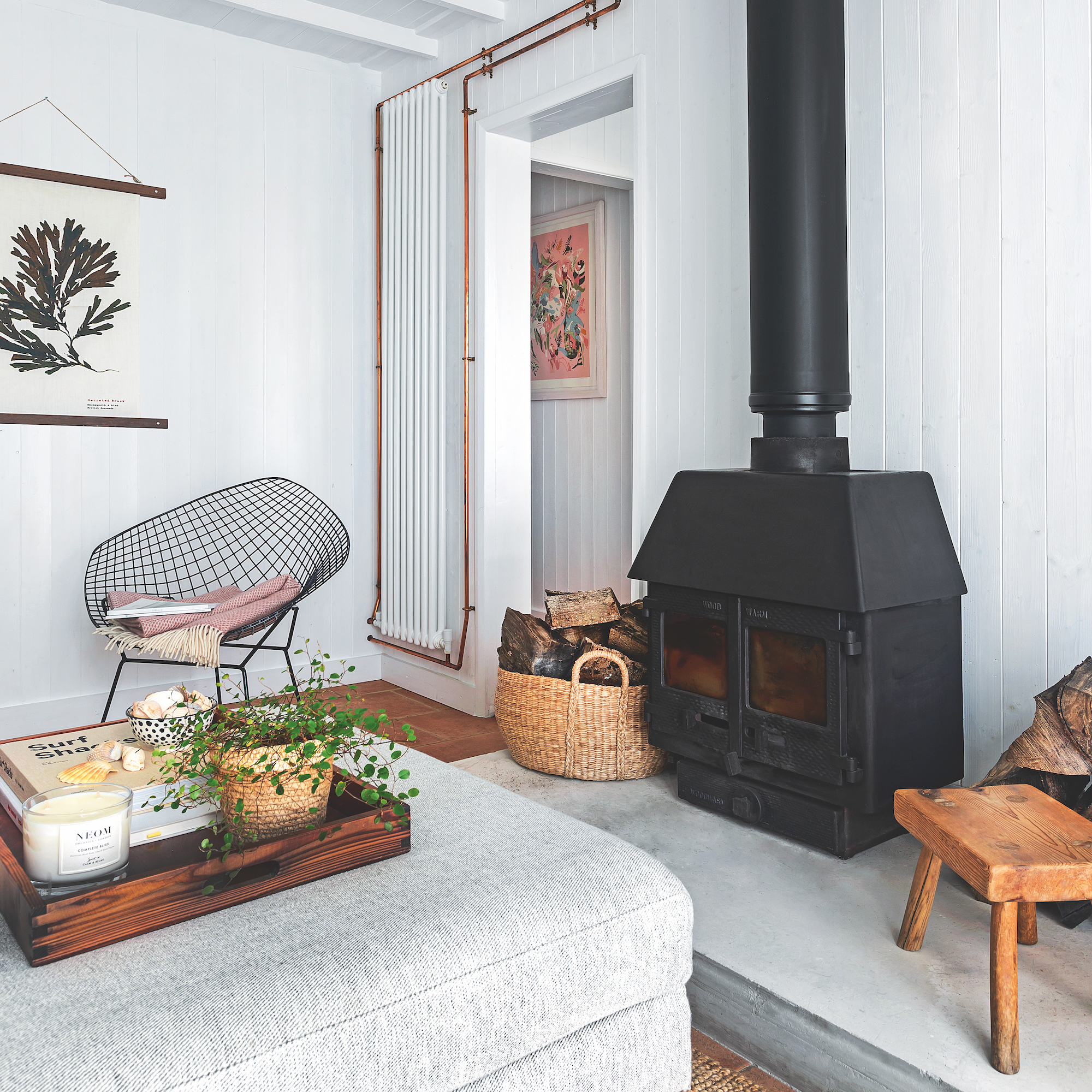The 3 risky heating cleaning jobs I would never do myself and you shouldn't either
Calling in the experts is always the right choice


EDITOR’S NOTE: An earlier version of this article included a quote from a purported expert whose credentials we have not been able to verify. The quote has been removed. We regret this lapse in our verification process and have updated our internal protocols to reduce the risk of recurrence.
Over the years, after sheer necessity, I've become fairly competent at bleeding radiators without panicking or tackling the boiler pressure. But according to the heating experts I've spoken to, there are some heating cleaning jobs you should never do yourself.
These cleaning jobs are the sort that, if you make one wrong move, you could be left with a broken heating system or worse, a serious safety issue. And although I'm all for saving money by doing certain things myself, no amount of saving is worth the risk of either of those things.
So while I'm all for doing a huge list of winter home maintenance tasks, these are the heating cleaning jobs I will never do myself and why you should leave them to the pros, too.
1. Doing a whole system powerflush
A power flush is basically a deep clean for your entire heating system. It forces water and cleaning chemicals through the pipes and radiators at high pressure to clear out all the gunk like debris, rust and black sludge, explains Nicholas Auckland, heating and energy expert at Trade Radiators.
'You need a high-pressure pump and specialist cleaning fluids to blast out all the black sludge (magnetite) that builds up in your pipes and radiators,' says Nicholas. 'If you get the pressure or chemicals wrong, you can crack pipework or blow seals, which will result in leaks everywhere.'
Heating engineers know exactly how much pressure to use and 'as well as that, after flushing, an engineer has to rebalance the whole system so that every radiator heats evenly. Getting one room too hot or leaving another too cold can result in more wasted energy, and therefore higher bills,' he adds.

Nicholas Auckland is a heating, cooling and energy expert with over 20 years of experience in the industry, as well as the Managing Director of Trade Radiators.
Nicholas is dedicated to finding the best heating and cooling solutions for every need, as well as optimising energy usage, reducing costs and helping others live with lower-cost energy bills.
Nicholas has become a trusted leader in the industry, frequently collaborating with the media and other partners to assist with cost-of-living issues and other home-related problems.
Some people do attempt this themselves, but there are several very good reasons why you should leave this to a qualified heating engineer, such as not having the right equipment, risking guarantees and possibly even damaging your boiler.
Sign up to our newsletter for style inspiration, real homes, project and garden advice and shopping know-how
2. Boiler deep clean
Boilers are full of delicate parts like burners, seals and heat exchangers. And a deep clean will involve taking it all apart, removing carbon deposits and checking everything is working as it should, according to Nicholas.
'Inside that metal box where water gets hot, scale will build up and up over the years. You can strip it out yourself (not recommended at all), but this means dismantling parts of the boiler, flushing in acidic inhibitors, then neutralising and thoroughly rinsing.'
Nicholas says that this is a tricky job that should be left to the experts and not even attempted by a non-expert. This is because making one mistake risks perforating the exchanger or leaving corrosive residue behind.
'As well as this, once you’ve taken the boiler apart, all the gas joints and seals must be put back together exactly right and properly pressure tested. A tiny gas leak or poor seal can be deadly, so this really needs to be done by a professional.'
Most boiler warranties are automatically voided if anyone other than an approved Gas Safe engineer works on your heating system. This also means that fitting and cleaning magnetic filters and adding corrosion and limescale inhibitors into your system should only be done by professionals.
That is definitely a no-go for me. A gas safe engineer has the tools and the training to do this properly, and they'll spot things you'll never notice too.
3. Flue cleaning

Keeping your flue clear is crucial for safe ventilation. Any blockages can cause carbon monoxide to build up. While it's possible to sweep your own flue and you might think it's just a case of brushing it out, it's not recommended. It should always be checked and cleaned during a professional service.
Things like cracks and other structural issues might not be as obvious to a homeowner, but a chimney sweep knows what to look out for. It's also often the case that your home insurance company will require a certificate from a professional chimney sweep to prove that it’s been done properly.
So, if a job involves opening up a boiler, handling gas, chemicals or electrics, it's one to avoid. I'd rather stick to simple maintenance (bleeding radiators, topping up boiler pressure and checking the thermostat) and let the experts handle the rest.

Jenny is Senior Digital Editor and joined the team in 2021, working across Ideal Home, Real Homes, Homes & Gardens, Livingetc and Gardeningetc. Since getting on the property ladder, her passion for interior design and gardening has taken on a new lease of life. She loves collecting and salvaging unique items (much to her other half's despair) but sniffing out stylish home bargains is her one true love.